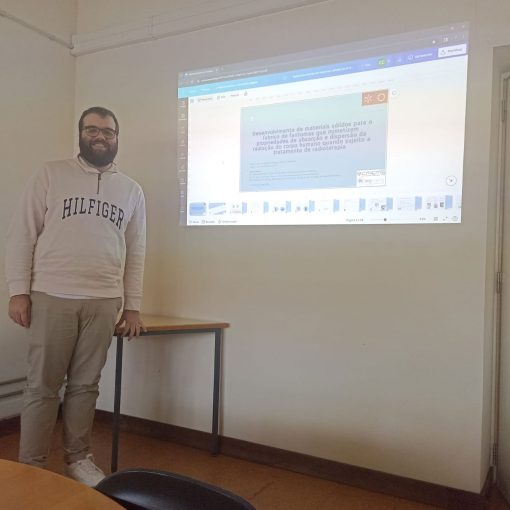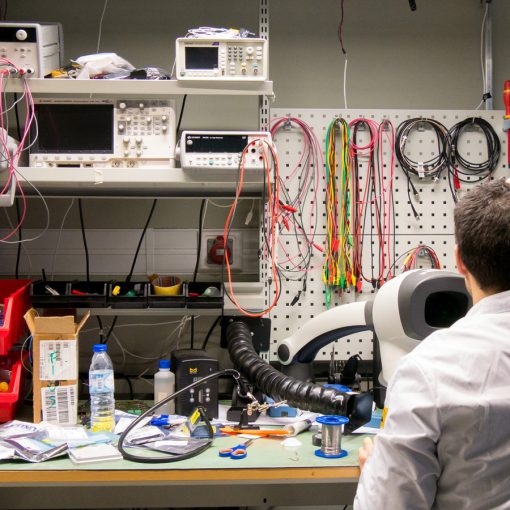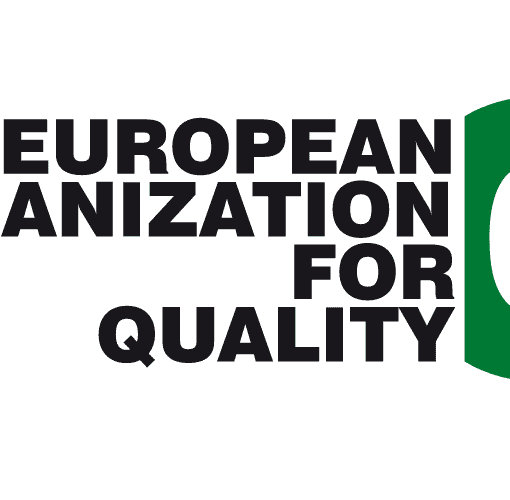Solution will enable a more efficient therapy to be applied, improving the response of the NHS.
Secondary infections, very common in patients with respiratory viral diseases such as COVID-19, are responsible for a high number of recorded deaths, as well as for the worsening of the clinical situation. And antibiotic treatment, especially preventative treatment, can potentiate drug resistance and worsen the disease.
That is why scientists from CEB – Centre for Biological Engineering at UMinho are, in collaboration with Braga Hospital and Braga Academic Clinical Centre, developing an innovative technology that will allow to quickly, accurately and cheaply identify the bacteria responsible for infections in patients infected with COVID-19. This solution will help save lives as it makes the diagnosis quicker and more accurate, allowing the faster administration of the antibiotic, with the advantage that it can be adjusted to each specific situation.
Unlike most COVID-19 research, which is focused on virus detection, this Project is based on the impact of the bacteria on infected patients and the associated percentage of deaths, seeking to decrease its effect and combat a recognized public health problem, which is antibiotic resistance. To enable the identification of the bacteria, researchers are using bacteriophage proteins – viruses that only infect bacteria (harmless to animal and plant cells) – which are the main differentiating factor of the Project, as they are very specific and bind very quickly, enabling a very precise and fast diagnosis.
The CEB team has already received some strains of the target bacteria, which were isolated from patients diagnosed with COVID-19, provided by the Hospital de Braga. “We will start with the production of the proteins to evaluate their specificity and sensitivity in the identification of the target bacteria,” adds Sílvio Santos, from the Research Centre. Once these parameters have been validated, the proteins will be adapted to different methodologies in order to be tested in clinical analysis equipment, first in artificial samples and then in real samples.
The importance of this project is transversal to several countries, including Portugal. According to several studies, respiratory viral infections increase the risk of secondary infections caused by bacteria. The CEB scientist responsible for this project states that this research “by allowing a rapid and accurate diagnosis of bacteria associated with COVID-19, will enable, in the short term, the SNS to improve the response to patients with the disease, providing a faster and more appropriate application of therapy.” Consequently, the severity of infection, hospital admissions and associated costs will be further reduced. “Diagnostic costs will also decrease with the use of a cheaper technology,” Silvio Santos further states, adding that “in the long term, it will decrease the use of broad-spectrum antibiotics, contributing to the fight against the global problem of antibiotic resistance.”
This technology has the possibility to be patented, allowing its commercialisation through diagnostic kits for analysis laboratories in hospital contexts.



